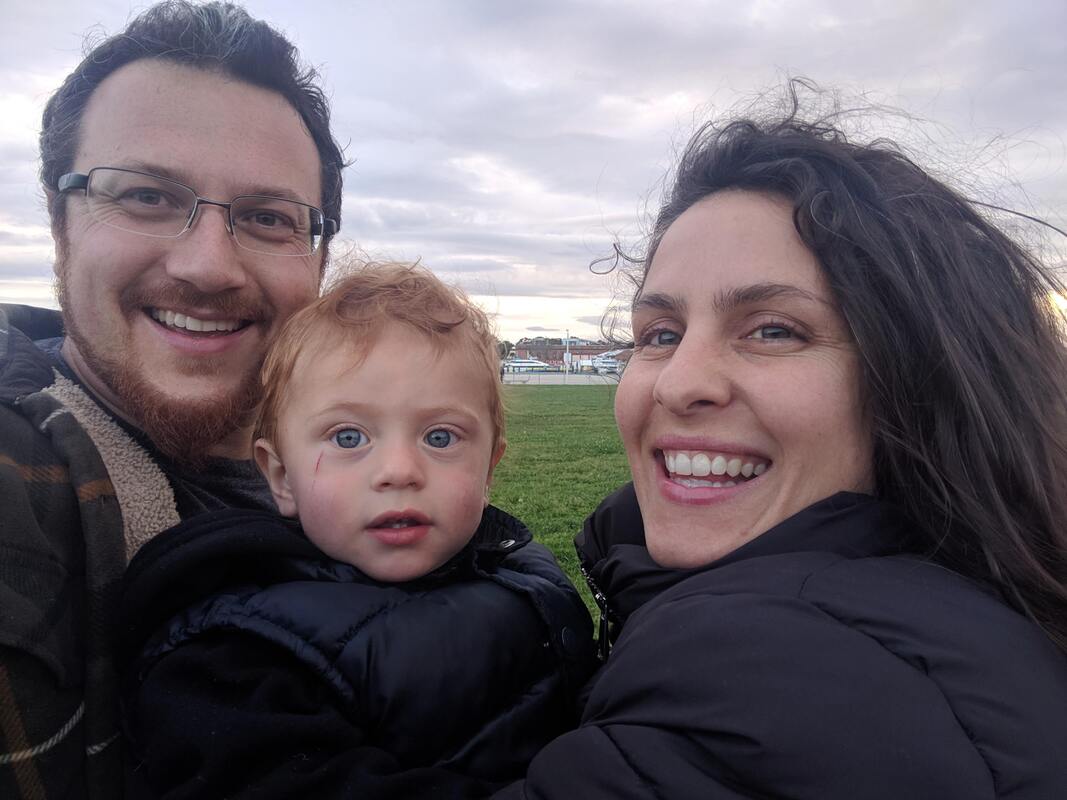 It's a New Year and my new teaching schedule has commenced. Over the weekend I grabbed my hoard of printed articles and training materials that I’ve collected over the years to get me back into health promotion and behavior change mode. I’ve read about this topic intensely, but my recent refresher reminded me of one of the more important factors in successful behavior change: our perceived self-efficacy. Self-efficacy is the extent or strength of one's belief in one's ability to complete tasks and reach goals. In more simple terms, confidence. The level of our perceived self-efficacy plays a central role in personal change since unless we believe that we can produce desired effects by our actions, we have little incentive to act or persevere in the face of difficulties. According to Psychologist Albert Bandura in Health Promotion by Social Cognitive Means: The stronger the perceived self-efficacy, the higher the goals people set for themselves and the firmer their commitment to them. Self-efficacy beliefs shape the outcomes people expect their efforts to produce. Those of high efficacy expect to realize favorable outcomes. Those of low efficacy expect their efforts to bring poor outcomes. Self-efficacy beliefs also determine how obstacles and impediments are viewed. People of low efficacy are easily convinced of the futility of effort in the face of difficulties. They quickly give up trying. Those of high efficacy view impediments as surmountable by improvement of self-management skills and perseverant effort. So…the question of the day is: How can we strengthen our perceived self-efficacy? Self-efficacy is not a genetically endowed trait. Instead, it develops over time and through experience. According to Bandura and others, self-efficacy beliefs are not static -- they are constantly informed, energized, or depleted through at least five sources: 1. Mastery Experiences – Successfully completing tasks, reaching goals, and overcoming obstacles is the most effective way of creating a strong sense of efficacy. Recall my recent post on S.M.A.R.T. goals? Setting specific, measurable, actionable realistic and timely goals and tasks can ensure our ability to experience mastery. When we experience mastery and feel confident that we have what it takes to succeed, we persevere in the face of adversity and more quickly rebound from setbacks. 2. Vicarious experiences - Seeing people similar to ourselves succeed by sustained effort raises our beliefs that we too possess the capabilities to master comparable activities required to succeed. 3. Social persuasion – When we are told by significant others, like parents and teachers, that we possess the capabilities to master given activities we are likely to mobilize greater effort and sustain it. 4. Physiological and emotional states – Our actual and perceived physiological and emotional states (like stress, fatigue, anxiety, fear, joy, anticipation) can influence our self-efficacy beliefs. Our mood can also affect our sense of personal efficacy. Positive moods enhance perceived self-efficacy, despondent moods diminish it. The ability to reduce our stress reactions and alter our negative emotional tendencies is a key way to enhance our sense of self-efficacy. 5. Imaginal experiences – Rehearsing successful or unsuccessful performances, be it deliberate or while ruminating, can affect our coping strategy and self-efficacy for the better or worse. Examples include imagination-based interventions, experiential exercises like mentally rehearsing a speech, and role playing. Pretty interesting stuff, right? Seems like putting ourselves out there more, ensuring our goals and desired tasks are S.M.A.R.T., fostering a strong support network and practicing stress management and visualization exercises can all help us achieve a stronger perceived self-efficacy. I also want to reflect on the key word in this whole topic: perceived. As I wrote in a prior post about self-talk, our perceptions make our reality! Like Henry Ford said, if you think you can do a thing or think you can't do a thing, you are right. It's all about that self-efficacy, baby!
0 Comments
Leave a Reply. |
AuthorHello and welcome! My name is Andrea Notch Mayzeles. I am a Certified Health Education Specialist, Mom, and Master of Public Health dedicated to the path of well-being. As a wellness professional I am committed to continued learning and am here to share research, recipes and musings on health, psychology, personal development, and parenting. I hope you enjoy! Categories
All
|

 RSS Feed
RSS Feed